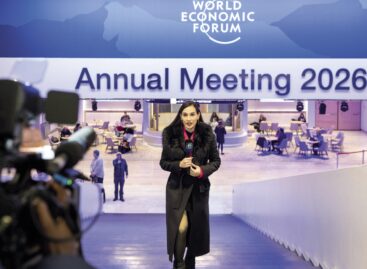Fidelity: Net zero in 2030 seems unrealistic for most companies
A survey of Fidelity ESG analysts questions whether companies’ net-zero plans are sufficient. The answer is: not yet, and a greater concerted effort is needed. Additional funding, technological innovation and regulation are just some of the identified areas where progress is needed if we are to close the gap between goals and reality.
According to the survey, less than 60 percent of companies are currently on track to reduce their carbon dioxide emissions to net zero, the 2050 target value adopted by the UN, and only one in four companies will achieve this by the more ambitious 2030 deadline.
Although significant progress has been made, as evidenced by the 69 percent of European companies that are already allocating the necessary resources to achieve these goals by 2050, the pace is still not fast enough. Significant obstacles remain for companies, such as technological gaps, a lack of coherence between targets and measures, and the fact that the amount of funding currently allocated to reduce carbon dioxide emissions is not sufficient.
Related news
ZEW: Economic expectations worsened in Germany and the euro area in February
🎧 Hallgasd a cikket: Lejátszás Szünet Folytatás Leállítás Nyelv: Auto…
Read more >KSH: in January, consumer prices exceeded the values of the same month of the previous year by an average of 2.1 percent
🎧 Hallgasd a cikket: Lejátszás Szünet Folytatás Leállítás Nyelv: Auto…
Read more >Related news
The Hungarian Food Book is 50 years old
🎧 Hallgasd a cikket: Lejátszás Szünet Folytatás Leállítás Nyelv: Auto…
Read more >







